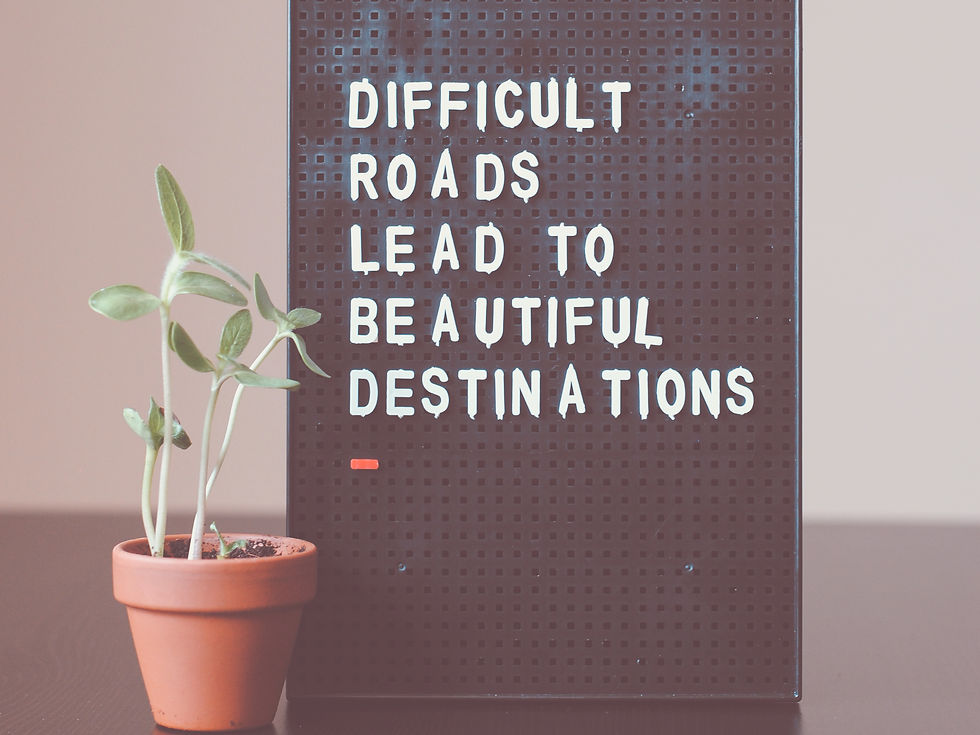We all carry stories within us. These stories shape our understanding of the world, define our identities, and influence how we interact with others. But how often do we pause to consider the narratives we're telling ourselves? And more importantly, how frequently do we recognise the power of a personal narrative's impact on our lives?
From a young age, we start building narratives based on our experiences, observations, and the stories passed down to us by our families. These narratives often become the lens through which we view the world, and they can either empower us or hold us back. The stories we choose to focus on can magnify our joys or entrench us in past hurts, influencing our behaviour and decisions in ways we may not even realise.
Consider the moments from your past that you recount most often. How do you describe your childhood, school years, or significant life events? Do these stories uplift you, or do they leave you feeling diminished? The truth is that our personal narratives are powerful—they shape our reality, our relationships, and our future.

The narratives we cling to are often shaped by fear, shame, or pain. We might hold onto a story that paints us as the victim or one that justifies our current struggles by blaming the past. While these narratives might provide comfort or a sense of understanding, they can also keep us stuck, preventing us from moving forward.
However, it's essential to realise these stories are not set in stone. We can rewrite them, shifting our focus from the parts that weigh us down to the moments of growth, learning, and resilience. Doing so can transform how we see ourselves and our place in the world.
For example, reflecting on a challenging time might reveal moments of strength and courage you hadn't noticed before. A painful experience might have led you to develop skills or insights you now use to navigate other areas of your life. By focusing on these aspects, you're not ignoring the challenges—you're acknowledging the whole picture, including your capacity to overcome and grow.

This process of revisiting and revising our narratives can be incredibly liberating. It allows us to reclaim parts of our story that we may have buried or overlooked and to recognise the value in experiences we previously viewed as unfavourable. It's about seeing ourselves as passive characters in our life story and active participants who can shape the narrative.
Our stories about our partners, children, and loved ones also have a profound impact on relationships. Are we focusing on the moments of connection, support, and love, or are we caught up in the disagreements, frustrations, and unmet expectations? By consciously highlighting the positive aspects of our relationships, we can create a more supportive and loving environment for ourselves and those we care about.
It's important to remember that changing our narrative doesn't mean erasing the past or pretending that difficult experiences didn't happen. It's about integrating those experiences into a broader, more balanced story that honours the complexity of our lives. It's about recognising that we are more than the sum of our challenges—we are also the sum of our strengths, joys, and triumphs.

So, I invite you to reflect on the stories you tell yourself. Are they serving you? Are they helping you become the person you want to be, or are they holding you back? If the latter, it's time to start rewriting your narrative, to shift your focus to the moments of growth, love, and resilience that have also shaped who you are.
In doing so, you may find that your whole story—is one of empowerment, courage, and profound personal transformation. And that's a narrative worth sharing.
